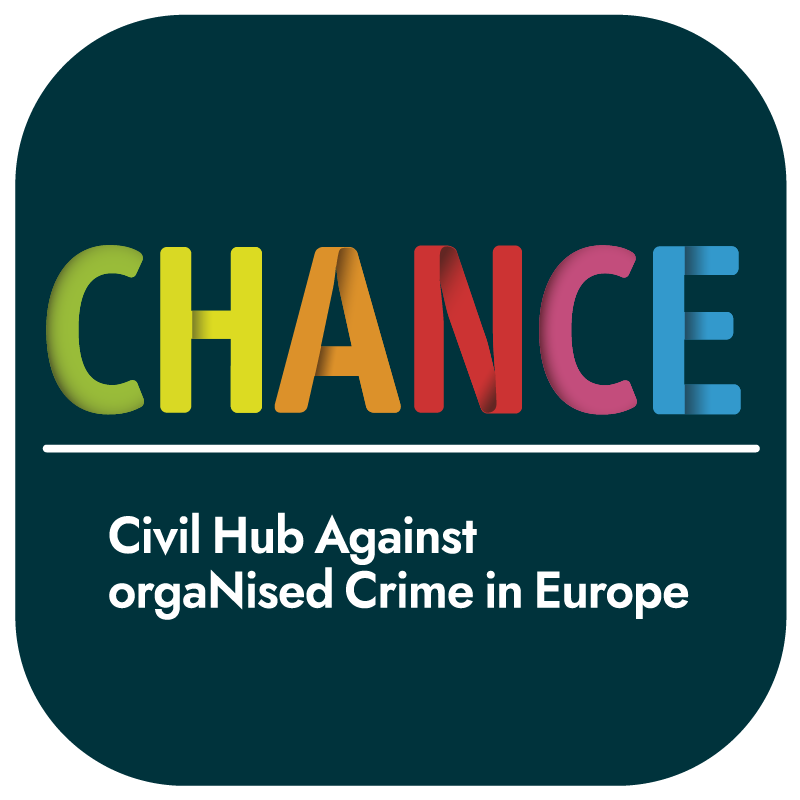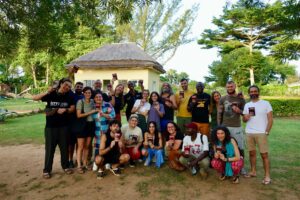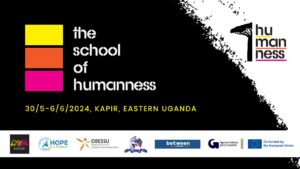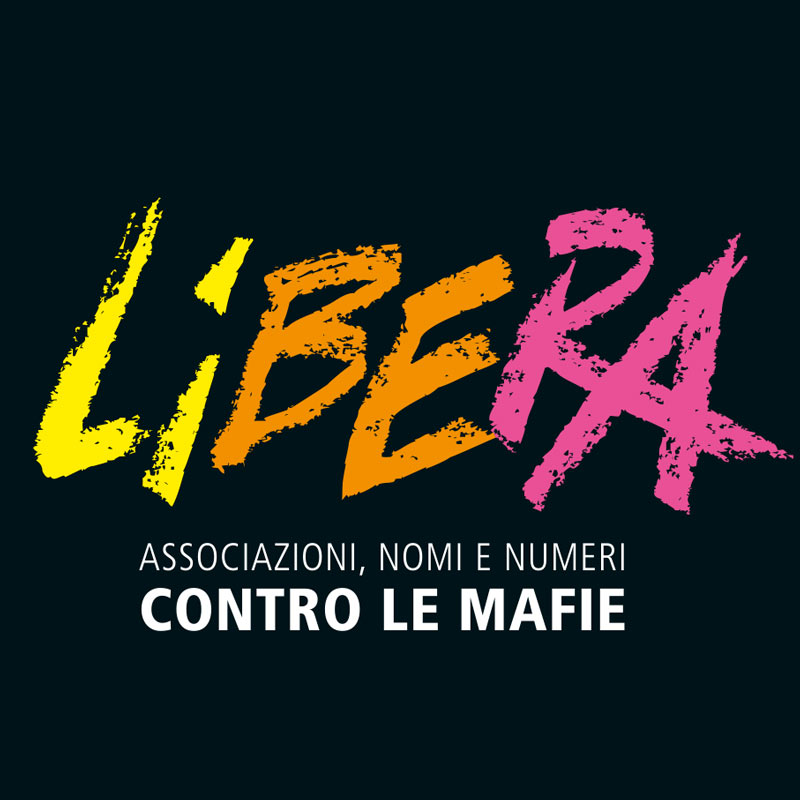LINK TO THE RECORDING:
https://eu.app.swapcard.com/event/euregionsweek-2022/planning/UGxhbm5pbmdfOTYwNzEy
The recording of our participatory lab ‘Empowering young people to become leaders in integrity: monitoring EU cohesion policies and recovery funds’ is now available on Swapcard and on the EURegionsWeek website.
Session summary and conclusions
The participatory lab has addressed the importance of empowering and involving youth in monitoring the implementation of Cohesion Policies 2021-27 and the National Recovery and Resilience Plans.
The session kicked-off with inputs and keywords identified by the audience on Slido around two key questions: How can we empower youth to become integrity and anti-corruption leaders? Which role can youth play in monitoring the implementation of Cohesion Policies 21-27 and the National Recovery and Resilience Plans?
The discussion benefited from the contribution of four experts. Ms. Roberta Falvo (Associate Anti-Corruption Expert, GRACE Initiative, UNODC) introduced global views on the role of youth to promote transparency, accountability, integrity and a culture of rejection of corruption, through educational paths and partnerships, starting from a young age. Mr. Alberto Vannucci (Full Professor of Political Science and Director of the Master Programme in “Analysis, Prevention and Fight against Organised Crime and Corruption”, University of Pisa) discussed the urgency of citizens and youth engagement for an inclusive, participative and fair recovery, given the rising risks of corruption and ineffectiveness in the spending of EU funds of such unprecedented scale. Ms. Giulia Norberti (Board Member and Coordinator of “You Monitor” project, mafianeindanke e.V.) presented the key lessons learned and results of the project “You Monitor: Empowering YOUth to build MONITORial communities against corruption”, i.e. non-formal education methods for engaging young people in building monitoring communities and a culture of integrity across Europe (co-funded by EC, Erasmus+). Finally, Ms. Nora Inwinkl (“At the School of OpenCohesion” Project) presented the experience of the ASOC project in engaging students in monitoring the effectiveness of EU cohesion policy investments, in Italy and other European countries.
All European countries are faced with unknown times, increasing mistrust and the reality of experienced corruption (see data by Eurobarometer). The conclusions of the lab showed how education and youth empowerment are the most effective anti-corruption tools as they are key to raising awareness about the problem of corruption, reinforcing a system of societal accountability (accountability from below), and achieving equality in our democracies.
Educational paths and youth empowerment actions can vary a lot in their form and strategy. We have presented to the audience existing practices and materials: global and local projects, approaches for formal and non-formal education, initiatives targeted directly at youth as well as at youth workers and teachers. We found that all these initiatives work on the same triggering points, creating the conditions for young people to become active citizens and the integrity and anti-corruption activists of today and tomorrow.
Take away message
- For an inclusive, participatory and fair recovery, we need to build a system of accountability from below.
- Education and youth empowerment are key to create the conditions for achieving equality and raising awareness on the problem of corruption (recognising and combating it)
- The strategy, expected impact and priorities of educations and youth action can change a lot given the context in which it has to operate
- These are all pieces of a puzzle that come together and reinforce each other: global and local projects, approaches for formal and non-formal education, initiatives targeted directly at youth as well as at youth workers and teachers.
- Youth engagement through civic monitoring can foster change in the cultural approach of public institutions about transparency and accountability towards the public
- Digital tools for education and anti-corruption engagement are gaining growing importance, i.e. developing tools that are more accessible and interactive for a young audience
- There are still many challenges to be addressed: the difficulty of finding common approaches and methodologies that effectively work within different cultural contexts; the challenge of connecting the local engagement and global efforts.
Additional Links
https://mafianeindanke.de/youmonitor-3/






